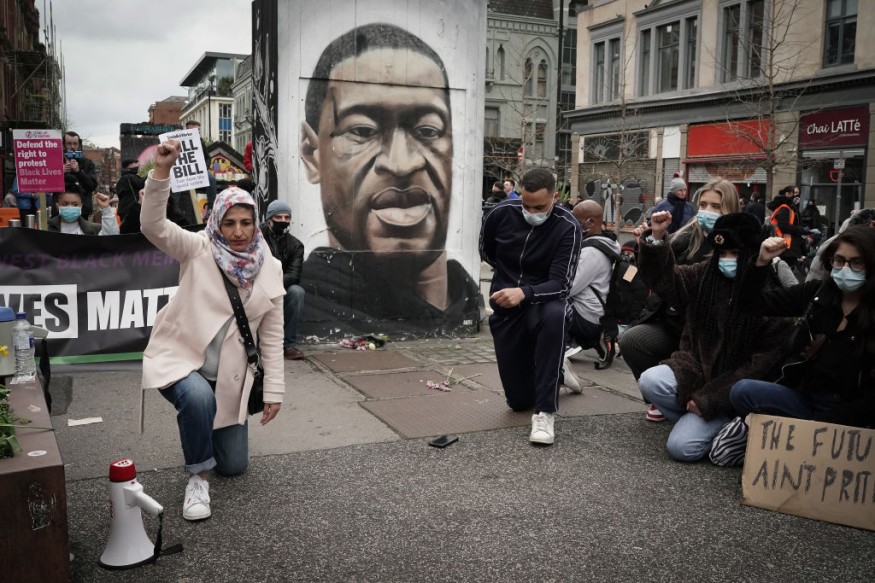Minnesota AG Keith Ellison Admits He 'Felt a Little Bad' for Convicted Derek Chauvin

Minnesota Attorney General (AG) Keith Ellison admitted that he "felt a little bad" for the convicted former Minneapolis cop Derek Chauvin.
The lead prosecutor in Derek Chauvin's murder trial made the admission during his interview with CBS' "60 Minutes" on Sunday, New York Post reported.
When asked about his reaction to the guilty verdict last week, he said he was grateful, humbled, and with "a certain sense of, I'll say satisfaction."
The Minnesota AG then added: "I spent 16 years as a criminal defense lawyer, so, I will admit, I felt a little bad for the defendant... I think he deserved to be convicted. But he's a human being."
However, Ellison stressed that he would not be wavering from his responsibility in any way. When asked about the former cop's possible motive, Ellison said he did not believe that George Floyd's murder was a hate crime.
The Minnesota AG added that there was no evidence that Chauvin factored in Floyd's race in doing what he did.
RELATED ARTICLE : George Floyd's Family Agrees to 'Historic' $27 Million Settlement With Minneapolis
Not a Hate Crime
CBS Scott Pelley told Ellison that he could have charged Derek Chauvin with a hate crime under Minnesota law. He then asked the Minnesota AG why he decided not to.
Ellison explained that the state of Minnesota decided not to because they only charge those crimes that they had evidence and could put in front of a jury to prove, The Hill reported.
Pelley then argued that the whole world sees the situation as a white officer killing a Black man "because he is Black."
"And you're telling me that there's no evidence to support that?" Pelley said.
Ellison argued that Derek Chauvin does not necessarily need to have a specific racial intent to harm George Floyd. He added that systemic racism is the root of the unfair treatment of Black people compared to white people.
Pelley then asked the Minnesota AG what could be the reason why Chauvin assaulted Floyd, to which Ellison answered that it is still the question they spend a lot of time asking themselves.
George Floyd's Death
Prosecutor Steve Schleicher earlier said that George Floyd was pleading for help with his "very last breath," but was not shown any compassion by Chauvin.
"The officer did not help... He didn't follow training, he did not follow the department's use of force rules, he did not perform CPR," he said as reported by AFP News.
Chauvin was caught on footage kneeling on the neck of Floyd as the Black man lay facedown handcuffed on the ground for over nine minutes.
Floyd's death last May 25 sparked protests across the United States and around the world against racial injustice and police brutality.
Chauvin currently faces decades in jail, but he could serve far less than the maximum sentence for each charge under the state's sentencing guidelines.
Chauvin was convicted of second- and third-degree murder as well as second-degree manslaughter. Second-degree murder carries a maximum sentence of 40 years in prison in Minnesota.
Derek Chauvin is scheduled to be sentenced on Jun. 16, according to The Sun.
READ MORE : Former Police Officer Derek Chauvin Charged With George Floyd's Killing Released on Bond
WATCH: Jury Finds Derek Chauvin Guilty of Murder in Death of George Floyd - From Washington Post
Subscribe to Latin Post!
Sign up for our free newsletter for the Latest coverage!

















